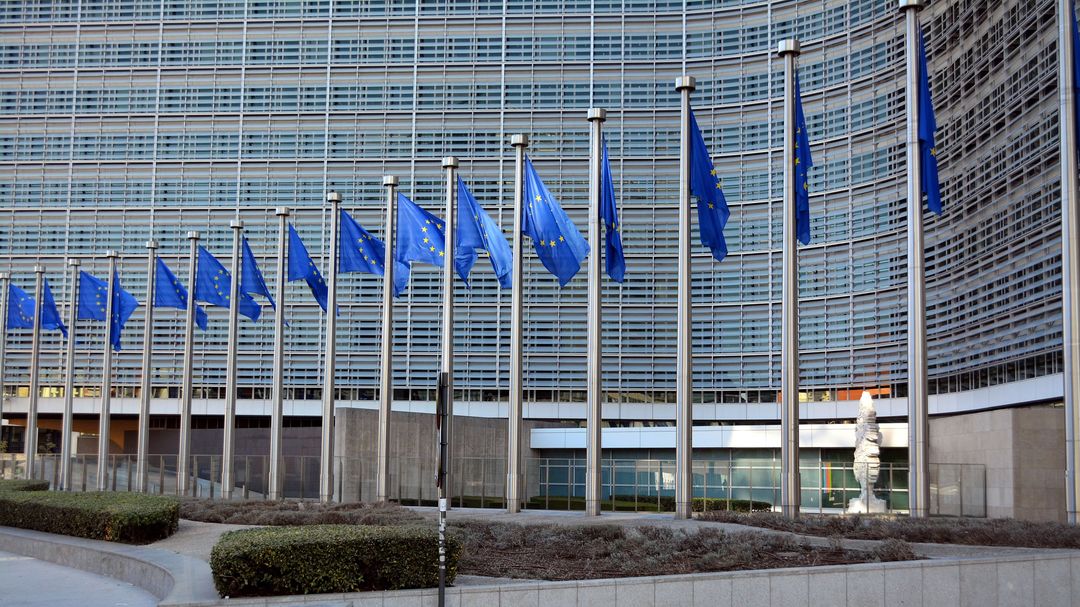By Maria Ravani,
A few weeks ago, members of the Greek Parliament voted on legalizing same-sex marriage. Moving in a seemingly opposite direction (if we examine it from a perspective of social justice), the same people voted days later for the privatization of universities. Both these reforms were easily backed by the fact that members of the ruling party New Democracy voted positively on them. The ruling majority of the country right now (meaning the party of New Democracy), as it became quite apparent, seems able to succeed in passing any legislature change, without sweating about the reactions of the opposition or other social actors.
The opposition mentions cover-ups and accountability and the government, through their representatives, talks about social development and compliance with the European standards. And, as the on-screen “battles” of the political parties rage on, a rather bizarre term comes to mind, while looking back at the recent events. That is the term “post-democracy”, which was first used by C. Crouch in 2000. The exact definition that Crouch gave then, about post-democratic societies, is the following:
“A post-democratic society is one that continues to have and to use all the institutions of democracy, but in which they increasingly become a formal shell. The energy and innovative drive pass away from the democratic arena and into small circles of a politico-economic elite.”

Societies that have elections but, as time goes by, with little impact on the overall democratic values of a state. As Crouch explains in his work, this type of society exists nowadays for various reasons:
- No common goals for individuals due to the weakening of social identities and distinctions such as religion, economic class, etc.
- Globalization and convergence of different markets (now online & offline)
- Non-balanced debates, where seemingly different sides articulate points that sound similar or are of similar nature
- Entanglement between public and private sector, with same economic interests getting mixed on both areas
- Privatization of many traditionally state functions (from data keeping of citizens to education and health care)
Following the current on the recent technological advances of humankind and the seemingly never-ending globalization of the market, the term has now become more complicated. However, the scholar insists that the main idea behind his term stays the same. For Crouch, these societies operate based on democratic procedures (elections, periodical change of governments, freedom of speech), but “applications are progressively limited”. Elites are forming and stripping the institutions off of their roles as places of debate and constructive dialogue. This seems to be something that organically happens to democratic societies, and thus the system from time to time is in need of a little “shock” to get back on track. Crouch mentions three ways in which this alleged shock can occur and all of them are rooted in recent social movements. Feminism, environmentalism and xenophobic populism can provide the wake-up call for societies that fall into these non-democratic practices. And the last of these three has been the prevailing one so far (unfortunately). Why is that happening to established and historically resilient democracies? That question remains without answer.

The theoretical debate that has now started among the academic community (and not only there) surrounding the state of democracy in Greece is quite interesting. And since democracy, as we said, is not only related with a specific procedure (such as elections), concerns have been raised about this issue for some time now. From the decline in freedom of the Press that was mentioned at the Annual Report of Reporters Without Borders (RSF), the last updates on the criminal case of the train crash in Tempi one year ago and more recently the issue with personal data of emigrant citizens of Greece and the scandalous newsletter that was vastly sent to them by a former European delegate of New Democracy, Greek democracy seems to be in imminent danger. A plethora of voices has been heard about the impunity of the country’s politicians (especially the ones affiliated with the ruling party) and about an on-going attack on the rule of law. And in every accusation and every concern being raised, everything leads back to one group of people, accumulating power and acting as untouchable.
So how can a democracy, where the opposition seems to be so “small”, still survive? Can we even use the term “democracy” or do we need a new adjective to pair it with (such as problematic, eroding etc.) to paint the picture more accurately? Questions also arise about supranational actors like the European Union and their role in these situations. And is sovereignty of a state enough as an argument when core democratic values are been besieged?

At the end of the day, only one thing is certain. Elections may establish a democratic system. But the maintenance of that status is up to the electorate and the officials who took an oath to serve and protect public interests. Because a system of checks and balances, such as a democratic one, needs both of these components.
Balance – since no actor can move without consent and endorsement from the society that he is obliged to serve. And checks – because no political player (or social actor generally) can exist and act without being accountable.
References
- Greece: The erosion of media freedom in the birthplace of democracy. International Press Institute. Available here
- Report: Stemming the tide of Greek media freedom decline. International Press Institute. Available here
- CPJ presents joint report on declining press freedom in Greece. Committee to Protect Journalists. Available here
- Greece drops in World Press Freedom Index ranking. Govwatch. Available here
- Greece. Annual Report of Reporters Without Borders. Available here
- Caleb R. Miller. Living under Post-Democracy: Citizenship in Fleetingly Democratic Times. Routledge. Oxfordshire. 2020.
- Democracy in post-growth societies: A zero-sum game? Sage Journals. Available here
- Post-Democracy or Processes of De-Democratization? United States Case Study, Historical Social Research / Historische Sozialforschung. Available here
- Problems of Majority Voting. Journal of Political Economy. Available here
- The Global Expansion of Authoritarian Rule. Freedom House. Available here
- From Democratic Decline to Authoritarian Aggression. Freedom House. Available here




